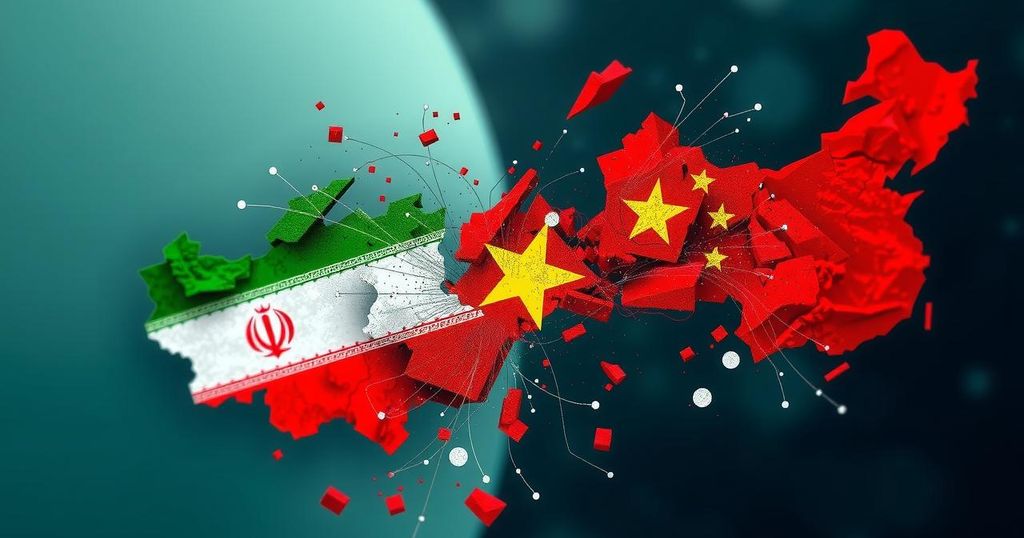Former White House advisor Robert McNally discussed the potential foreign policy strategies of Donald Trump’s anticipated second term, emphasizing a focus on ‘maximum pressure’ against Iran, confrontations with China, and dismantling U.S. climate policies. This approach may significantly influence international relations and the global climate agenda.
In a recent discussion held in the Middle East, Robert McNally, a former advisor in the White House, outlined the anticipated foreign policy directions under a potential second term of Donald Trump. McNally asserted that Trump would pursue a strategy of ‘maximum pressure’ on Iran to avert military confrontation, while simultaneously intensifying efforts against China. Additionally, he predicted significant alterations to U.S. climate initiatives during this term. McNally highlighted that Trump’s administration would likely dismantle existing climate policies, reflecting a larger trend of skepticism towards environmental regulations. This approach, he suggests, is aimed at revitalizing the energy sector and promoting fossil fuel production. As global political dynamics evolve, these strategic shifts could significantly impact international relations and environmental policy.
The geopolitical landscape surrounding U.S. relations with Iran and China has been tumultuous, with both nations presenting challenges for American foreign policy. Following the controversial U.S. withdrawal from the Iran nuclear agreement, tensions have escalated. Concurrently, confrontations with China over trade, technology, and territorial disputes have marked the bilateral relationship. In the context of climate change, the U.S. has historically played a critical role in global discussions, and its policies directly influence international cooperation in environmental efforts. As Trump re-enters the political scene, understanding these dynamics becomes essential for anticipating future U.S. foreign policy.
The insights provided by Robert McNally underscore a future U.S. administration under Trump that is likely characterized by assertive measures towards Iran and China coupled with a departure from established climate policies. This possible shift not only raises questions about U.S. diplomatic relations but could also have profound implications for global environmental efforts moving forward.
Original Source: www.upstreamonline.com






